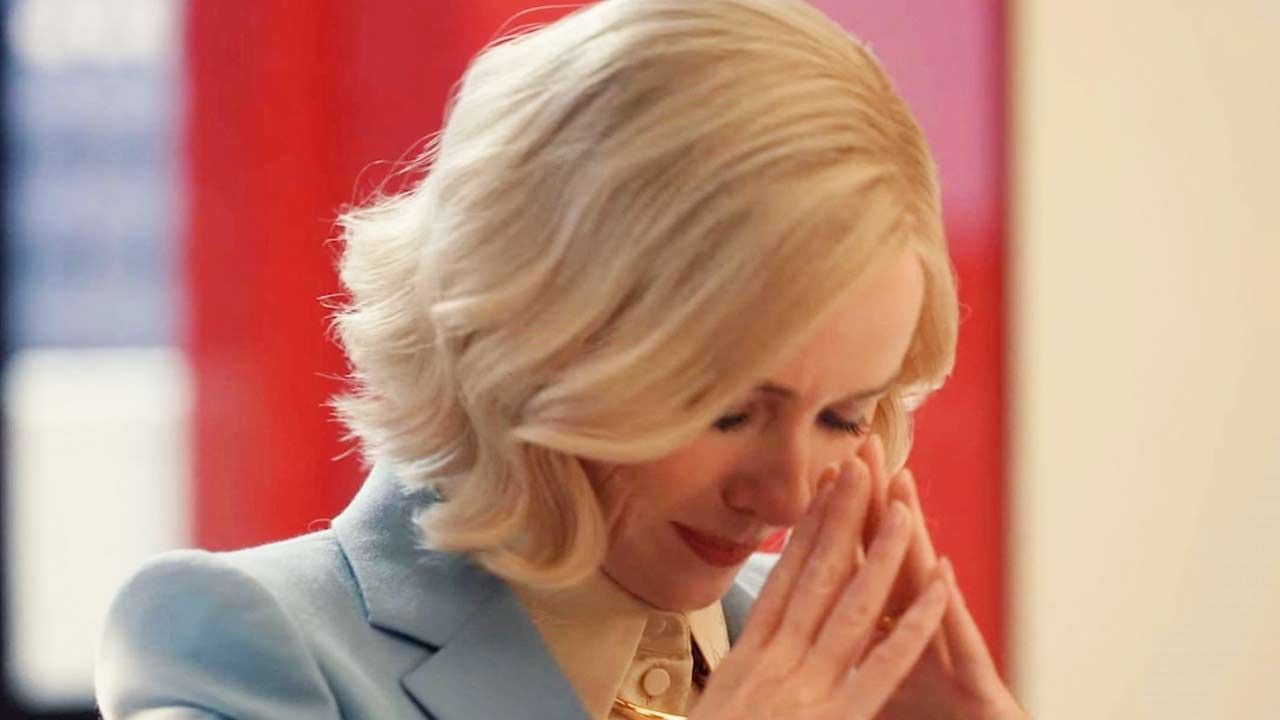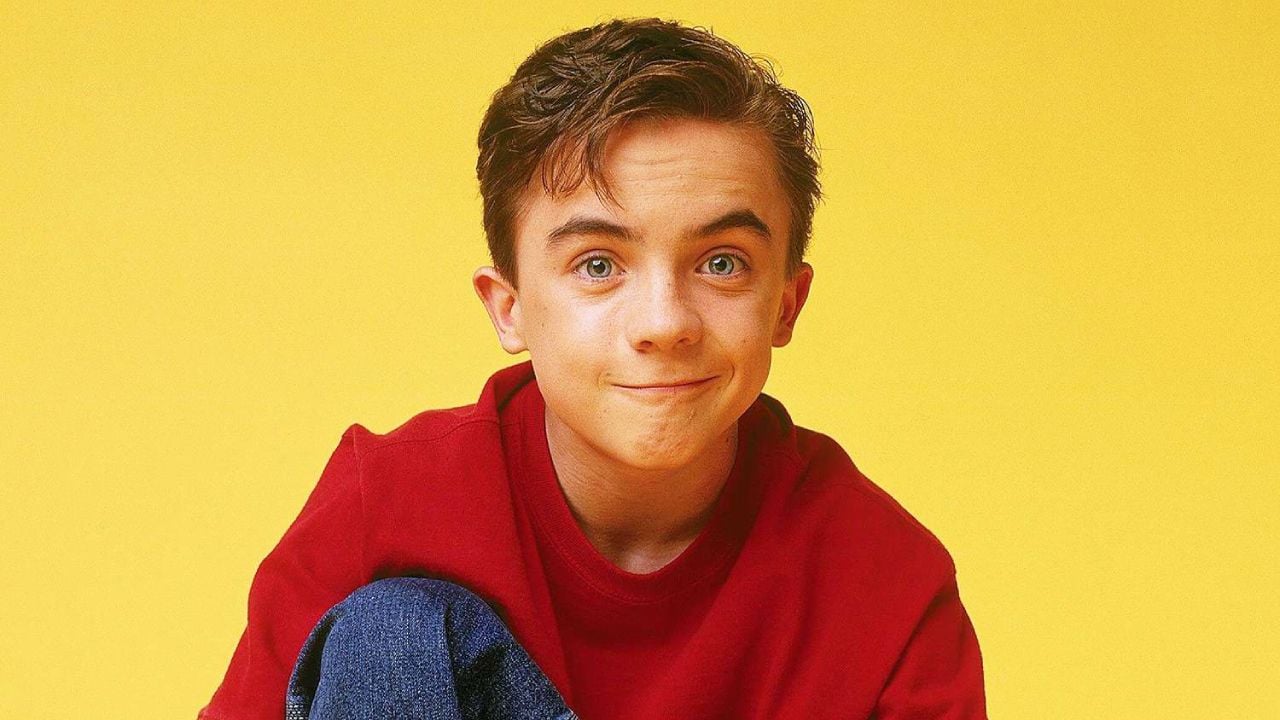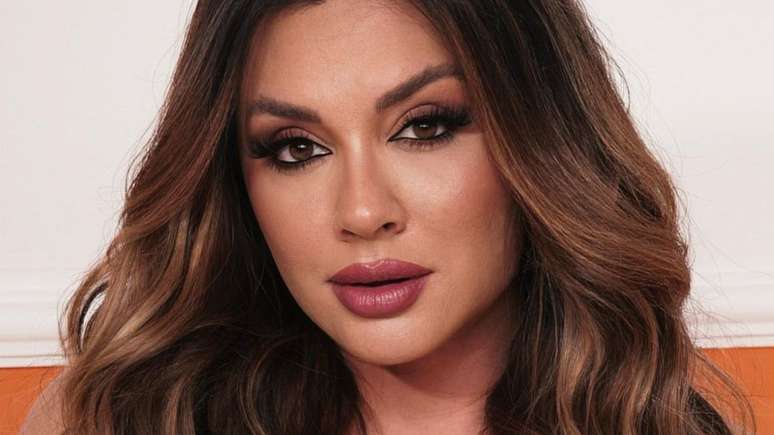Akira Kurosawa, one of the most influential directors in the history of cinema, left an unprecedented legacy that continues to inspire filmmakers around the world. His work covers a wide range of themes and styles, from historical dramas to suspenseful contemporary stories. In this list we separate Kurosawa’s ten best films, highlighting what makes them so special and essential for every film lover.
It is worth mentioning that the list was compiled using aggregators such as iMDBwhich use reviews from industry experts, which doesn’t necessarily mean one film is actually better than the other and can also be subjective for each viewer.
The 10 best films of Akira Kurosawa
10. Donzoko: Rabble (1957)
Based on the play “Na Sora” by Maxim Gorky, “Donzoko: Rabble” transports the action to feudal Japan, offering a fascinating look at the lives of the marginalized. Kurosawa transforms the original text with his unique touch, exploring the dignity and desperation of the human condition. Through memorable characters and a compelling narrative, the film questions morality and survival in an unjust society.
9. Heaven and Hell (1963)

One of Kurosawa’s most intense films, “Heaven and Hell” is a crime thriller that tackles themes of morality, class and justice. Toshiro Mifune plays an executive whose life is turned upside down when his son is kidnapped. The plot thickens when it is discovered that the real target of the kidnapping was the driver’s son. Kurosawa skillfully directs the narrative, maintaining suspense and tension until the end.
8. The Drunken Angel (1948)

In “The Drunken Angel,” Kurosawa explores the complex relationship between an alcoholic doctor and a young gangster suffering from tuberculosis. The film is notable for its dark portrait of urban life in post-war Japan and Toshiro Mifune’s brilliant performance. Kurosawa’s direction is sensitive and powerful, capturing the degradation of the characters and the possibility of redemption.
7. Bloody Throne (1957)

“The Bloodstained Throne” is Kurosawa’s adaptation of Shakespeare’s “Macbeth,” which transposes the story to feudal Japan. The film is known for its dark atmosphere and stunning visuals. Toshiro Mifune’s performance as Taketoki Washizu, a warrior consumed by ambition, is unforgettable. Kurosawa’s direction highlights betrayal, madness and corruption, central themes of the original tragedy.
6. Live (1952)

“Living” is one of Kurosawa’s most moving films, centering on the life of Kanji Watanabe, a bureaucrat who discovers he has terminal cancer. Determined to find purpose in his final days, Watanabe struggles to leave a meaningful legacy. The film is a profound reflection on mortality, bureaucracy and the importance of living a full life. Takashi Shimura’s performance is moving and unforgettable.
5.Sanjuro (1962)

“Sanjuro” is the sequel to “Yojimbo” and once again features Toshiro Mifune as the cunning and skilled ronin. This film mixes action and comedy, as Sanjuro helps a group of young samurai fight corruption. Kurosawa perfectly balances choreographed fight scenes with moments of humor and satire, creating an entertaining and meaningful film.
4. Seven Samurai (1954)

Perhaps Kurosawa’s most famous film, “Seven Samurai” is an epic adventure story about a group of samurai hired to protect a village from bandits. This film defined the samurai film genre and inspired numerous adaptations, including the western “Seven Oceans.” With complex characters, spectacular action scenes and a gripping narrative, “The Seven Samurai” is a milestone in the history of cinema.
3.Rashomon (1950)

“Rashomon” revolutionized cinematic storytelling with its innovative structure, telling the same story from four different perspectives. The film explores the subjectivity of truth and the nature of reality, challenging audiences to question the veracity of every tale. “Rashomon” not only solidified Kurosawa’s reputation in Japan, but also introduced him to international audiences, winning the Golden Lion at the Venice Film Festival.
2. The Hidden Fortress (1958)

“The Hidden Fortress” is an adventure film full of action and humor, often cited as one of George Lucas’ influences on “Star Wars.” The plot follows two greedy farmers who help a princess and her general cross into enemy territory. Kurosawa masterfully combines elements of comedy, drama, and action, creating a compelling narrative that captivates audiences from start to finish.
1. Racing (1985)

“Ran” is a great adaptation of Shakespeare’s “King Lear”, set in feudal Japan. This is one of Kurosawa’s most visually stunning films, with epic settings and precisely choreographed battles. The story of a warlord who divides his kingdom among his sons, only to be betrayed, is a powerful tragedy about ambition, loyalty and chaos. “Ran” is a masterpiece that demonstrates Kurosawa’s mastery of directing and his ability to tell universal stories.
Akira Kurosawa has left a lasting impact on the world of cinema with his unique artistic vision and compelling narratives. His films explore universal themes of morality, justice, power and redemption and continue to be relevant and thought-provoking. For any film enthusiast, exploring Kurosawa’s filmography is essential, and these ten films represent the best of his work, offering a glimpse into the creative genius that defined an era of cinema.
The post The 10 Best Films of Akira Kurosawa appeared first on Olhar Digital.
Source: Olhar Digital
Rose James is a Gossipify movie and series reviewer known for her in-depth analysis and unique perspective on the latest releases. With a background in film studies, she provides engaging and informative reviews, and keeps readers up to date with industry trends and emerging talents.








